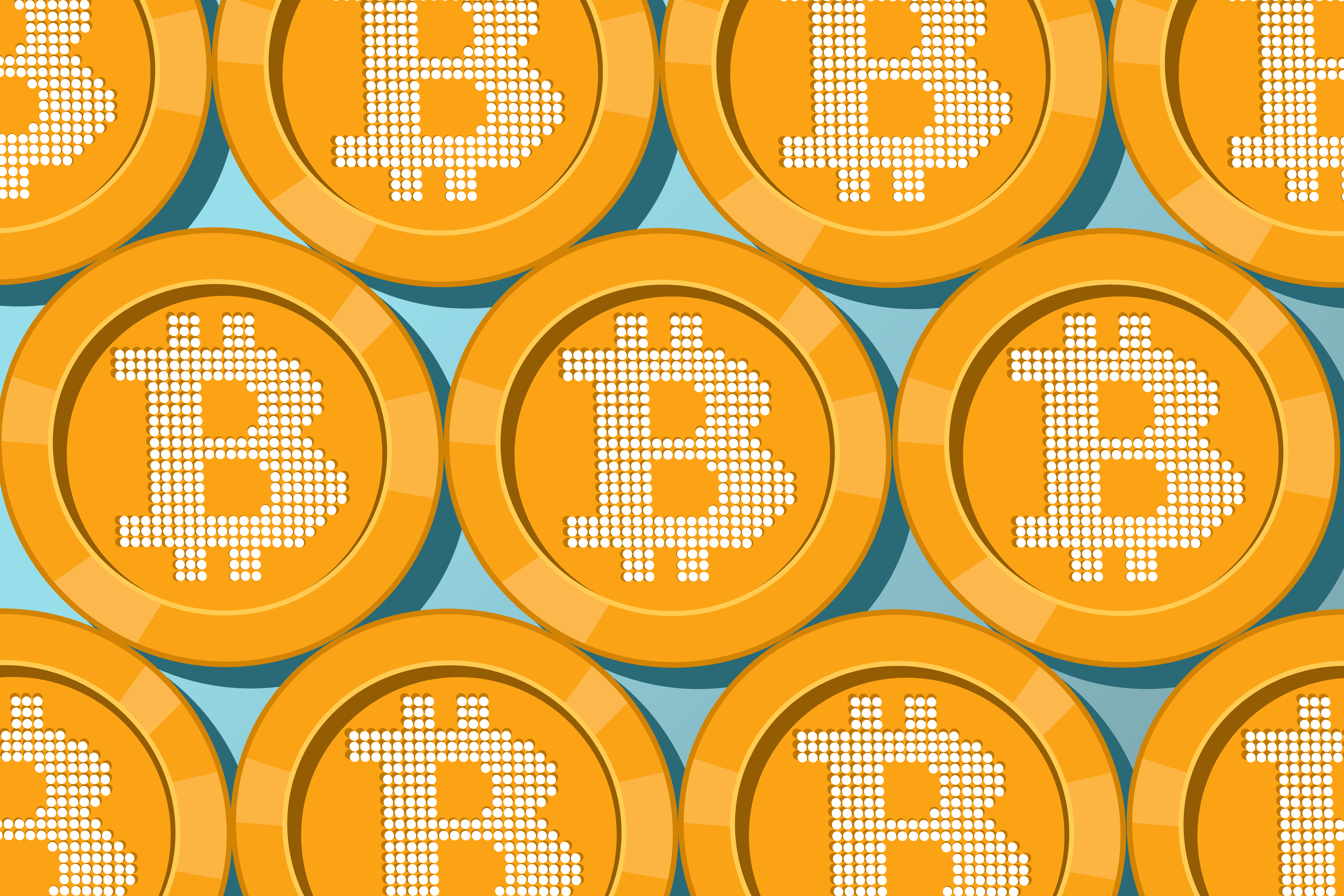Does the government want to snoop on your data?
Does the government really want you to tell them everything? And what are its new communications-watching plans all about? Simon Brew finds out more…

By now, there's a sporting chance that you may already have heard this particular news. It's regarding the government's plan that it's effectively bringing back to life a proposal that was dropped by the previous administration, to enable the broader, real-time monitoring of e-ails and website history.
It's a blanket enforcement that's being proposed, too, that won't require a warrant, and effectively sees the power of the Regulatory Powers Act of 2000 (RIPA) being extended.
I am totally opposed to the idea of governments reading people's emails at will, or creating a new central government database.
This did not go down well the last time it was mooted. Unsurprisingly, it's not gone down too well this time, either. As news filtered out about the plan, an almost-obligatory Twitter-hashtag - #TellDaveEverything cropped up, and you didn't have to look far to find various gradations of ire.
So what's happening?
The leak
Well, word has leaked' in advance of the Queen's Speech that the Government Communications Headquarters, more commonly known as GCHQ, is to be given extended rights to monitor UK electronic communications.
Get the ITPro daily newsletter
Sign up today and you will receive a free copy of our Future Focus 2025 report - the leading guidance on AI, cybersecurity and other IT challenges as per 700+ senior executives
The information that it will be able to get hold of, without the requirement for any kind of warrant, won't include the content of the communications themselves, but it will cover who they were from and to, the duration, frequency and timings. It will be able to access this information "on demand", reports The Sunday Times, and also as it happens. Furthermore, if GCHQ subsequently gets a warrant, then it can access the content of the communications, too.
This then also means that said communications' content would be stored, which presents challenges in itself, beyond the moral issues, that we'll come to shortly.
-
 Should AI PCs be part of your next hardware refresh?
Should AI PCs be part of your next hardware refresh?AI PCs are fast becoming a business staple and a surefire way to future-proof your business
By Bobby Hellard
-
 Westcon-Comstor and Vectra AI launch brace of new channel initiatives
Westcon-Comstor and Vectra AI launch brace of new channel initiativesNews Westcon-Comstor and Vectra AI have announced the launch of two new channel growth initiatives focused on the managed security service provider (MSSP) space and AWS Marketplace.
By Daniel Todd
-
 Former GCHQ intern risked national security after taking home top secret data
Former GCHQ intern risked national security after taking home top secret dataNews A former GCHQ intern has pleaded guilty to transferring data from a top-secret computer onto his work phone.
By Bobby Hellard
-
 Businesses must get better at sharing cyber information, urges former GCHQ chief
Businesses must get better at sharing cyber information, urges former GCHQ chiefJeremy Fleming, the former head of GCHQ, has warned businesses face increasingly sophisticated cyber attacks on critical national infrastructure (CNI).
By Rory Bathgate
-
 Top data security trends
Top data security trendsWhitepaper Must-have tools for your data security toolkit
By ITPro
-
 Why bolstering your security capabilities is critical ahead of NIS2
Why bolstering your security capabilities is critical ahead of NIS2NIS2 regulations will bolster cyber resilience in key industries as well as improving multi-agency responses to data breaches
By ITPro
-
 SEC data breach rules branded “worryingly vague” by industry body
SEC data breach rules branded “worryingly vague” by industry bodyNews The new rules announced last week leave many questions unanswered, according to security industry experts
By Ross Kelly
-
 Crackdown on crypto needed to curb cyber crime, says expert
Crackdown on crypto needed to curb cyber crime, says expertNews Threat actors would struggle to generate money without the anonymity provided by unregulated digital tokens, but such a move would require worldwide buy-in
By Rory Bathgate
-
 The gratitude gap
The gratitude gapWhitepaper 2023 State of Recognition
By ITPro
-
 Capita tells pension provider to 'assume' nearly 500,000 customers' data stolen
Capita tells pension provider to 'assume' nearly 500,000 customers' data stolenCapita told the pension provider to “work on the assumption” that data had been stolen
By Ross Kelly